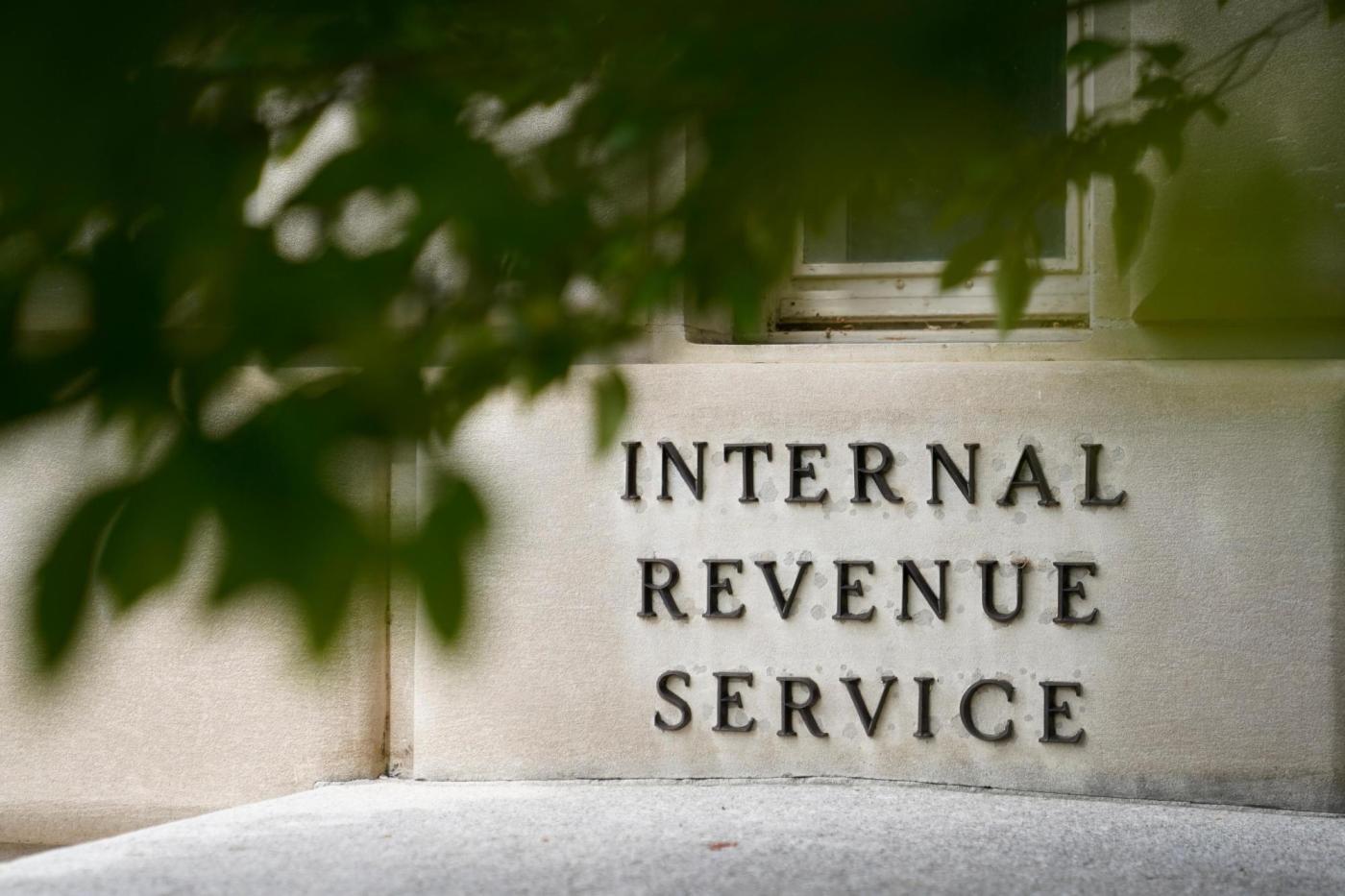
Ticker: Leadership churn, worker exodus roils IRS; Health officials seek to phase out artificial dyes
The height of tax season was the height of turmoil at the IRS.
The agency shuffled through three acting directors over the course of a week. It’s preparing to lose tens of thousands of workers to layoffs and voluntary retirements. And President Donald Trump is weighing in on which nonprofits should lose their tax-exempt status, an incursion into the agency’s typically apolitical stance that threatens to further erode trust in federal institutions and weaponize enforcement efforts.
Just three months into Trump’s second term, the government’s fly-under-the-radar tax collector has become the latest platform for the Republican administration’s vision to cut and control the federal bureaucracy. Tax policy experts fear that taxpayer services and collection efforts will face prolonged delays as a result of the rapid changes.
The quick turnover in leadership and other changes are likely to dampen employee morale at the IRS and hurt the agency’s ability to serve taxpayers in a timely manner, says Janet Holtzblatt, a senior fellow at the Urban-Brookings Tax Policy Center.
“Leadership sets the tone, particularly in this environment,” she said.
Already, she notes, the agency has lost decades of institutional knowledge from nonpartisan career civil servants who have left over policy disagreements and layoffs.
Health officials seek to phase out artificial dyes
U.S. health officials say they will urge foodmakers to phase out petroleum-based artificial colors in the nation’s food supply, but stopped short of promising a formal ban and offered few specifics on how they intended to achieve the sweeping change.
Food and Drug Administration Commissioner Marty Makary said at a news conference Tuesday that the agency would take steps to eliminate the synthetic dyes by the end of 2026, largely by relying on voluntary efforts from the food industry. Health Secretary Robert F. Kennedy Jr., who joined the gathering, said he had heard from food manufacturers, but had no formal agreements with them.
“We don’t have an agreement, we have an understanding,” Kennedy said.


